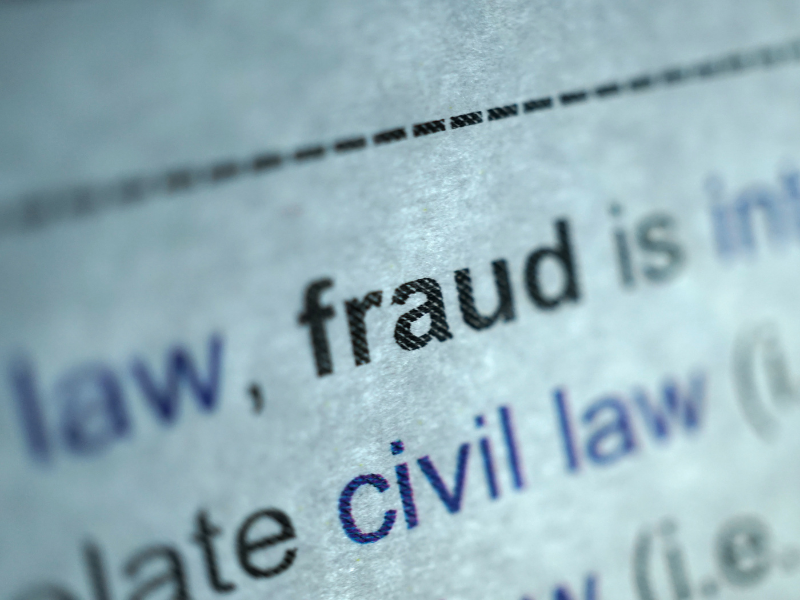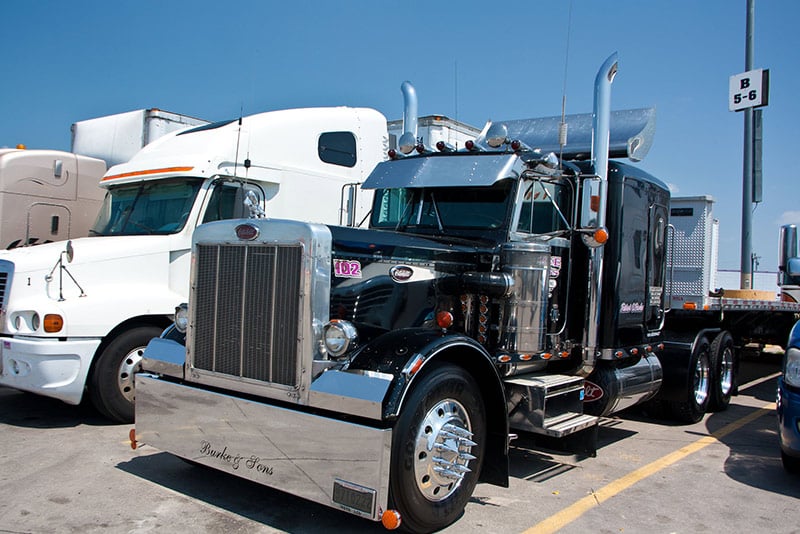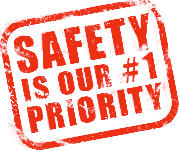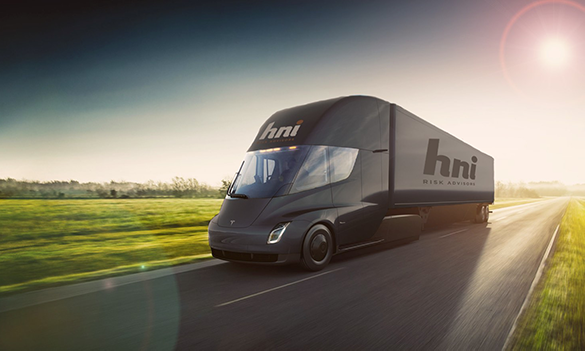
What’s one word that sets off warning bells for most of us? Fraud, especially in the insurance world. For both policyholders and brokers, insurance fraud is a stressful and high-alert concern—unfortunately, fraudulent insurance activity steals at least $80 billion every year.
An especially challenging part of insurance fraud is understanding the different sources of fraud and the ways it’s committed. Insurance fraud includes organized crime activity that steals money via business dealings, insurance provider professionals who inflate, overcharge, or don’t actually provide insurance protection, and average citizens who see an opportunity to illegally make money with a faulty insurance claim.
Both policyholders and insurance brokers can both be victims of fraud, which is why there are more and more efforts being put into preventing fraud. The first step for anyone who wants to be prepared for fraud is to learn about the potential risks and fraud vulnerabilities. So, without further ado, here are the most common insurance frauds and how insurance companies mitigate risk.
.png?width=69&height=53&name=Acrisure%20Logo%20(White%20Horizontal).png)

.png)








